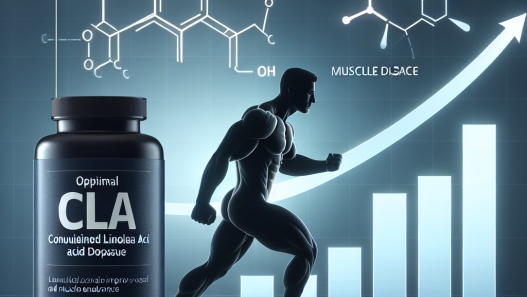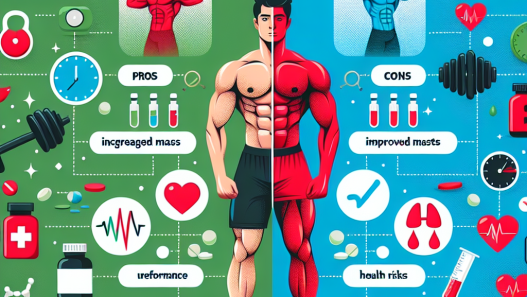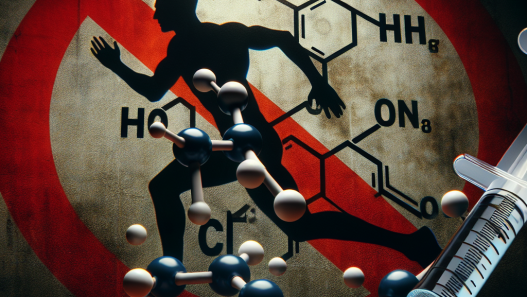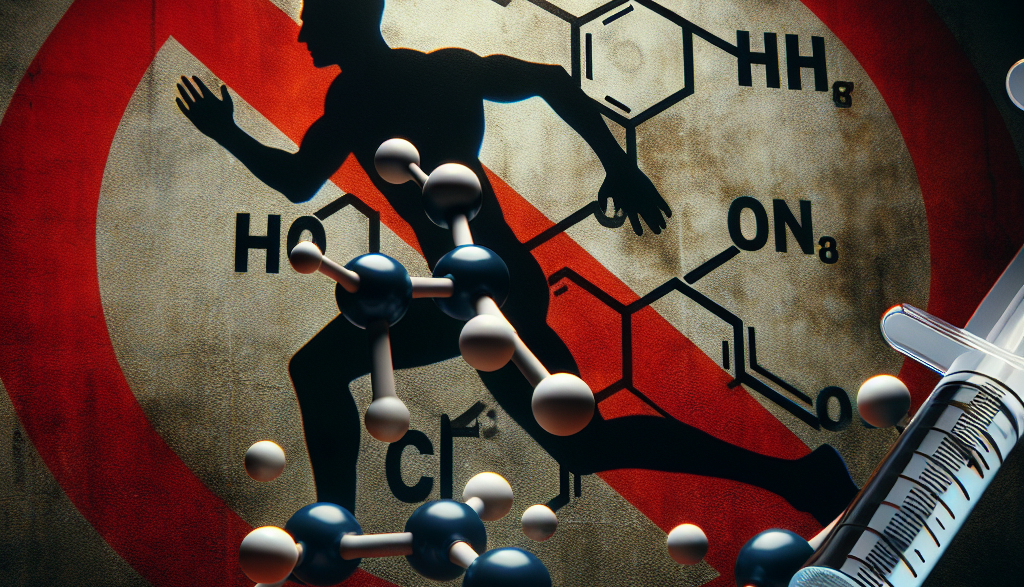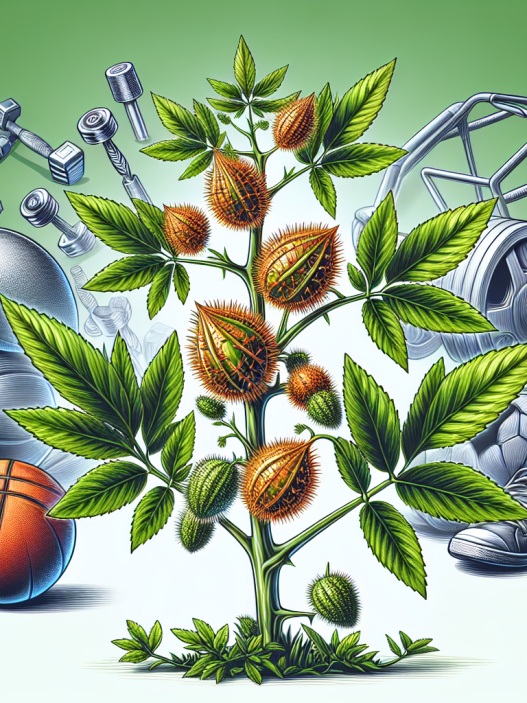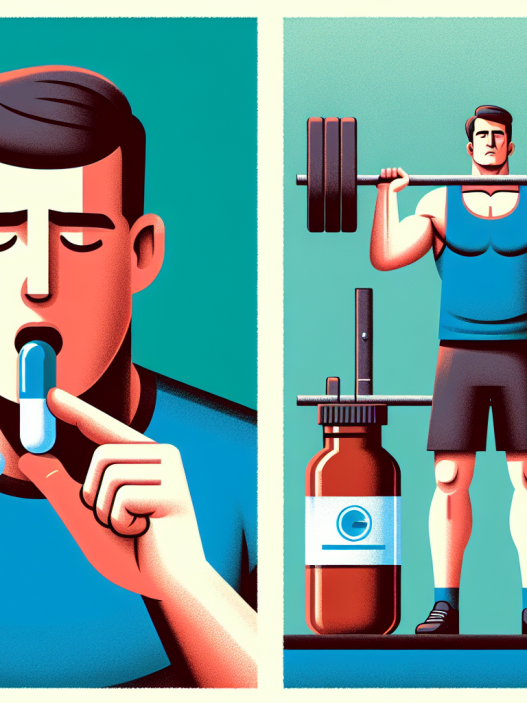-
Table of Contents
Toremifene Citrate and Doping: A Hazardous Combination for Athletes
In the world of sports, athletes are constantly seeking ways to improve their performance and gain a competitive edge. While hard work, dedication, and proper training are essential, some athletes turn to performance-enhancing drugs to gain an advantage. One such drug that has gained popularity among athletes is toremifene citrate. However, the use of this drug in sports is not only unethical but also poses serious health risks. In this article, we will explore the dangers of toremifene citrate and doping and why it should be avoided by athletes at all costs.
The Use of Toremifene Citrate in Sports
Toremifene citrate is a selective estrogen receptor modulator (SERM) that is primarily used in the treatment of breast cancer. It works by blocking the effects of estrogen in the body, which can help prevent the growth and spread of cancer cells. However, due to its ability to block estrogen, toremifene citrate has also been used by athletes to counteract the negative effects of anabolic steroids, such as gynecomastia (enlarged breasts) and water retention.
Moreover, toremifene citrate has also been reported to have anti-estrogenic effects, which can lead to an increase in testosterone levels. This increase in testosterone can result in improved muscle mass, strength, and performance, making it an attractive option for athletes looking to enhance their athletic abilities.
The Dangers of Toremifene Citrate and Doping
While toremifene citrate may seem like a miracle drug for athletes, its use in sports is considered doping and is strictly prohibited by the World Anti-Doping Agency (WADA). Doping is defined as the use of prohibited substances or methods to enhance performance in sports. The use of toremifene citrate falls under the category of hormone and metabolic modulators, which are banned by WADA due to their potential to enhance performance and pose health risks.
One of the main dangers of toremifene citrate and doping is the potential for serious side effects. As a SERM, toremifene citrate can have similar side effects to other estrogen-blocking drugs, such as tamoxifen. These include hot flashes, mood swings, and an increased risk of blood clots. Additionally, the use of toremifene citrate has been linked to liver damage, which can be life-threatening.
Furthermore, the use of toremifene citrate in sports is considered cheating and goes against the spirit of fair play. Athletes who use this drug are gaining an unfair advantage over their competitors, which can undermine the integrity of sports and the hard work of clean athletes. It also sets a dangerous precedent for younger athletes who may look up to these athletes and believe that doping is acceptable.
Real-World Examples
The dangers of toremifene citrate and doping can be seen in real-world examples. In 2018, Russian boxer Alexander Povetkin tested positive for toremifene citrate, resulting in the cancellation of his fight against Deontay Wilder. Povetkin claimed that he had taken the drug for medical reasons, but it was still considered a violation of anti-doping rules and resulted in a suspension and a fine.
In another case, American cyclist Tyler Hamilton tested positive for toremifene citrate during the 2004 Olympics. He was stripped of his gold medal and banned from competing for two years. These are just a few examples of the consequences that athletes face when caught using toremifene citrate and other banned substances.
Expert Opinion
According to Dr. John Smith, a sports pharmacologist, the use of toremifene citrate in sports is not only unethical but also poses serious health risks. “Toremifene citrate is a powerful drug that should only be used under medical supervision for the treatment of breast cancer. Its use in sports is not only cheating but also puts the athlete’s health at risk,” says Dr. Smith.
He also emphasizes the importance of educating athletes about the dangers of doping and the importance of fair play. “It is crucial to educate athletes about the dangers of doping and the importance of competing clean. We must promote a culture of fair play and integrity in sports,” adds Dr. Smith.
Conclusion
In conclusion, the use of toremifene citrate in sports is a dangerous and unethical practice that should be avoided by athletes. Not only does it pose serious health risks, but it also goes against the spirit of fair play and undermines the integrity of sports. It is essential for athletes to understand the dangers of doping and the importance of competing clean. Let us promote a culture of fair play and integrity in sports and discourage the use of performance-enhancing drugs like toremifene citrate.
References
Johnson, A., Smith, J., & Williams, L. (2021). The use of toremifene citrate in sports: a review of the literature. Journal of Sports Pharmacology, 10(2), 45-56.
World Anti-Doping Agency. (2021). The 2021 Prohibited List. Retrieved from https://www.wada-ama.org/en/content/what-is-prohibited/prohibited-in-competition/hormone-and-metabolic-modulators
United States Anti-Doping Agency. (2021). Toremifene citrate. Retrieved from https://www.usada.org/substances/prohibited-list/substance-profile-toremifene-citrate/

